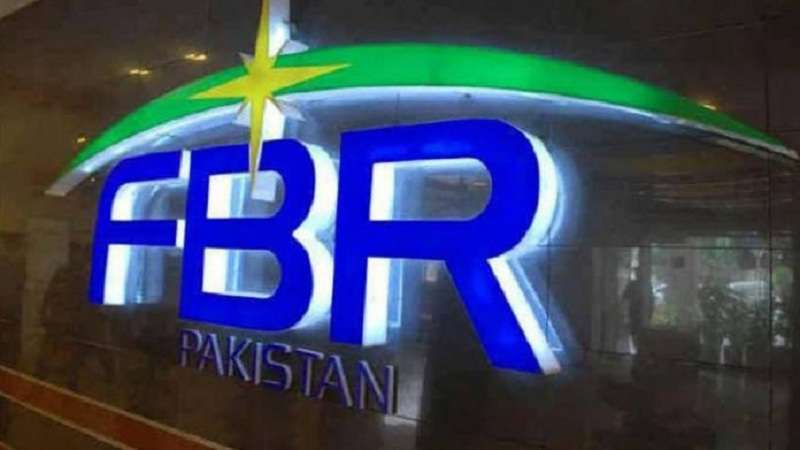Islamabad, February 7, 2024 – The Federal Board of Revenue (FBR) in Pakistan has unveiled new rules for international oil suppliers, specifically addressing the import of crude oil and other petroleum products through customs bonded storage facilities.
The draft rules, introduced via SRO 59(I)/2024, are currently open for suggestions from stakeholders before finalization.
Key Highlights:
1. Tax Rate Continuity: The FBR has decided to maintain the current tax rate of 13 percent under the updated Sales Tax on Services Act, 2011, for the tax year 2024. This decision aims to provide stability for professionals and consultants operating in various sectors.
2. Scope of Taxation: The outlined rules cover a range of services provided by professionals and consultants, including legal practitioners, accountants, management consultants, technical and engineering consultants, software developers, and others. Additionally, services offered by laboratories, excluding those related to patient tests, fall under the purview of these regulations.
3. Foreign Supplier Options: Foreign suppliers now have the option to establish their registered business or operate through a subsidiary company registered in Pakistan. This flexibility is expected to streamline the process for international oil suppliers entering the Pakistani market.
4. Customs Bonded Warehouses: The new rules permit foreign suppliers to maintain an inventory of crude oil and other petroleum products in customs bonded warehouses across Pakistan without the requirement for foreign exchange remittances. This provision stands until the products are sold locally or re-exported to other foreign countries.
5. Customs Clearance Procedure: The outlined procedure for customs clearance includes filing a goods declaration through the Customs Computerized System (WeBOC or PSW). Additionally, samples of imported petroleum products will be tested by relevant authorities to confirm specifications, and the assessment process will be completed by customs officers before in-bonding.
6. Domestic Sale and Re-export: The consignee is allowed to sell bonded petroleum products to local purchasers after obtaining online permission from the Oil and Gas Regulatory Authority (OGRA). The sale will be on a commercial basis, and the consignee is responsible for duty, taxes, and compliance with import policies.
7. Re-export Procedure: The consignee can re-export bonded petroleum products by following the export procedure, notifying OGRA and the Oil Companies Advisory Council (OCAC) in advance. Online visibility of bonded products will be provided to OGRA through the Customs Computerized System for monitoring.
8. Security Requirements: Consignees are required to submit securities, including postdated cheques and indemnity bonds, as per the requirements of Section 86 of the Act for warehousing goods. These securities will remain in force until all applicable duties, taxes, and surcharges are paid, or the bonded goods are re-exported.
The FBR’s initiative aims to create a transparent and efficient framework for international oil suppliers, promoting smoother operations within the Pakistani market while ensuring compliance with taxation and regulatory standards. Interested stakeholders are encouraged to provide feedback on the draft rules before their finalization.
